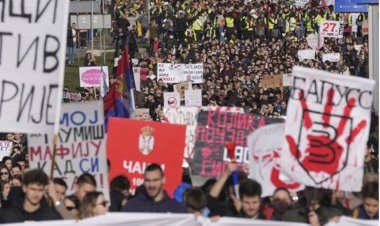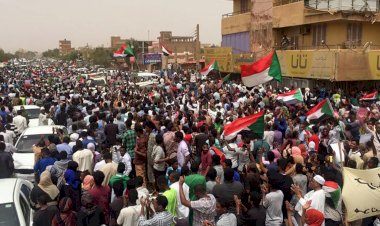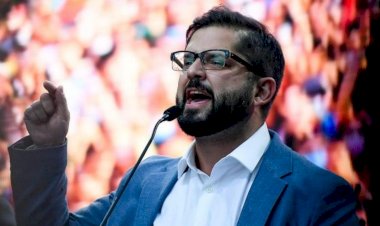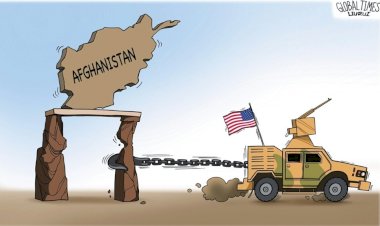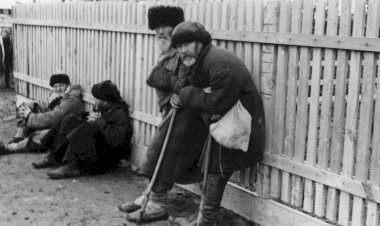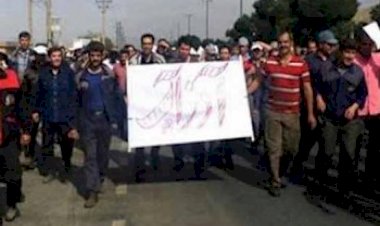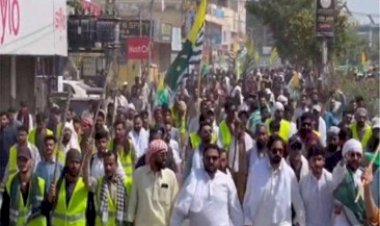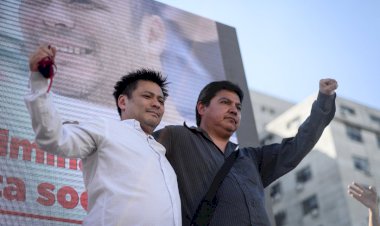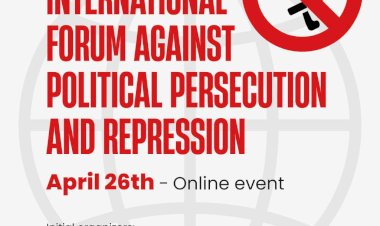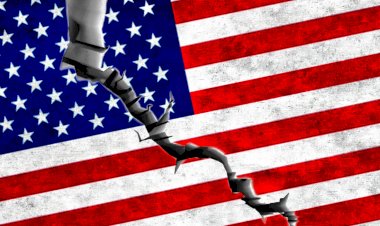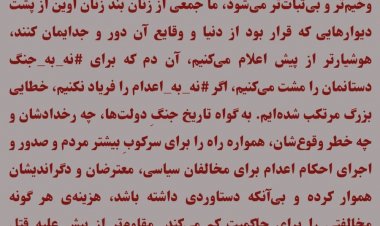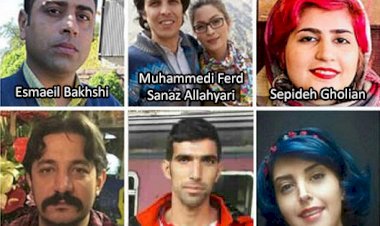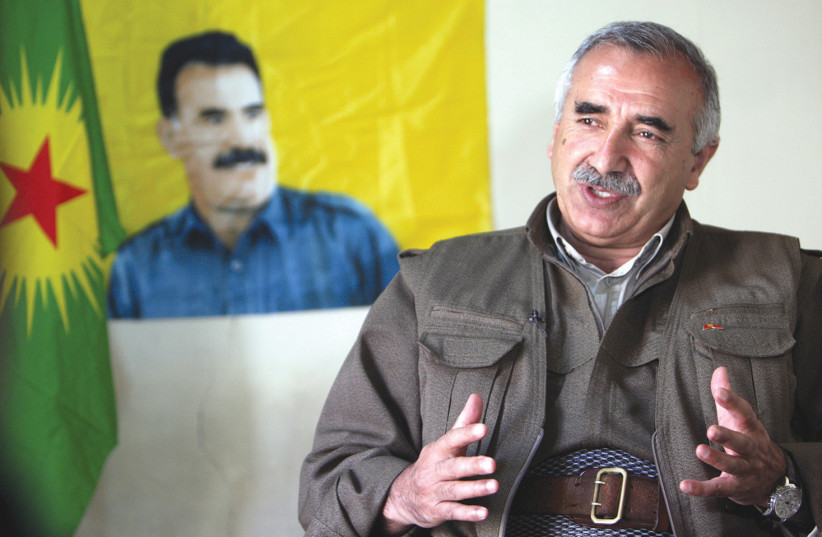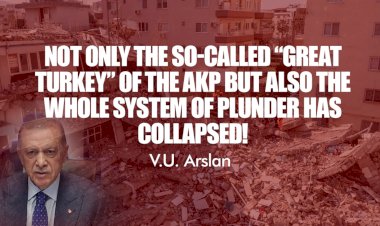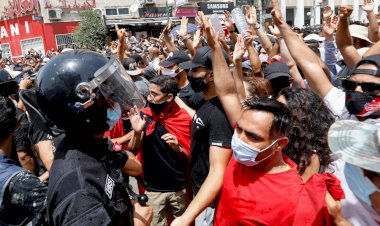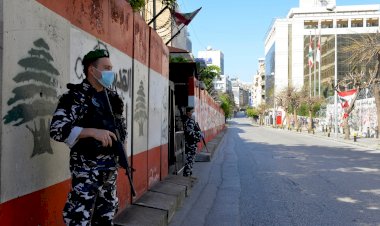The Rise Of Baloch Youth!
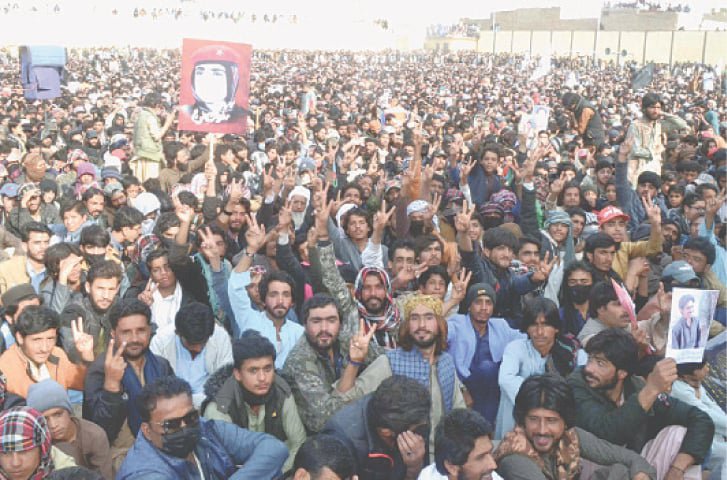
By Hassan Jan
On the midnight of October 29th2023, the personnel of Pakistani security forces, CTD (Counter Terrorism Department) broke into a house in a remote town of Absar, situated at a ten minutes’ drive from the Turbat City of Pakistan’s restive Balochistan province, rummaging the house and investigating its residents. While leaving, the security personnel took into their custody a 22 year old Balaach Baloch. On 21st November, the CTD lodged an FIR against Balaach declaring him a member of a Baloch militant separatist outfit and presented him at the local court. The court granted the CTD a 10-day physical remand of Balaach. But on the very next day, the midnight of 22nd and 23rd November, Balaach along with three other Baloch youth were killed in a counter-terrorism operation, so the CTD claimed. The security forces claimed that Balaach was killed by the reckless firing of his own comrades whose hideout was identified by him during a search operation. This incident enraged the residents of Turbat city and they started a sit-in on the city centre along with the dead bodies of those killed. Thousands of people assembled in the sit-in demanding an end to ‘enforced disappearances’ and extra-judicial killings by the security forces. The dead bodies were eventually laid to rest and the sit-in turned into a long-march to provincial capital Quetta. The long-march travelled to numerous towns and cities of Balochistan conducting mass protest rallies. After their short stay at Quetta, the long-march headed to Islamabad. Along the way, they held mass rallies at Kohlu, Sakhi Sarwar, DG Khan, Taunsa and D.I. Khan, finally reaching Islamabad, the national capital. The police initially forbade them from holding a sit-in in front of National Press Club Islamabad but eventually the long-marchers led by a female doctor Mahrang Baloch succeeded in launching their protest camp in front of the Islamabad Press Club. Despite all kinds of hurdles, threats and harassments by the police and plain-clothed state operatives, this sit-in protest against enforced disappearances continued till 23rd December. In the meanwhile, hundreds of people, including journalists, political and social activists, parliamentarians and people of all walks of life visited the protest camp attracting huge media coverage. The leader of the protest Dr. Mahrang Baloch, announced the end of protest camp on 23rd December and called for a mass rally on 27th December in Quetta. On the day of rally, hundreds of thousands of people turned out in the protest rally against enforced disappearances.
At the same time, mass protest rallies were being held in every nook and corner of Balochistan in support of sit-in in Islamabad and against the atrocities of the Pakistani state in Balochistan province. Hundreds of thousands participated in these rallies including a large number of female folk. For over a decade the state had deliberately given a free hand to the so-called “death squads” in Baloch cities and towns. These death squads are actually bunch of lumpen and criminal elements tasked with sabotaging radical political activism; abduction of political workers, torture, murder and then dumping their mutilated bodies. A reign of terror engulfed the whole province. It was an unannounced curfew every day. To hold political gathering was to invite death. Such was the atmosphere of fear prevalent that people would hesitate to talk to each other during condolence rituals, lest the talk may turn political and the secret death squad agent overhears it. Even, permission was required from the authorities to hold marriage procession lest the security forces confuse it with a political rally and open fire on it.
At the dawn of the 21st century, the fourth armed struggle of modern Baloch history in Pakistan started against national oppression and exploitation. Unlike the past Baloch armed struggle, which were limited to certain Baloch tribes only, this time it spread to all parts of Balochistan attracting a large number of educated youth. To crush this armed upsurge, on the one hand the state started a brutal military operation and on the other hand different parts of Balochistan were assigned to various criminal groups to crush the dissent. For example, the Jhalawan belt was handed over to the notorious criminal Shafique Mengal and Sarawan belth was assigned to Siraj Raisani. These groups were notoriously termed “death squads” by the local populace. These groups had their own torture cells where the abducted Baloch political workers were brutally tortured and their bodies mutilated. In 2014, a mass grave was discovered in Balochistan’s far-flung town Tootak containing about two hundred decomposed bodies. Reportedly, these were the bodies of those who were tortured to death in the notorious torture cells of Shafique Mengal. On the ideological front, in order to eradicate the progressive national liberation movement, religious obscurantism and sectarian terrorist groups were feverishly promoted in the predominantly secular Baloch society.
Back in May 2020, a similar incident took place in Turbat city of Balochistan when hooligans of death squad broke into a house and killed a woman named Malak Naz and injured her minor daughter. Back then, protests broke out against the incident. During these protests Baloch Yakjehti Committee (Baloch Solidarity Committee) came into existence in which young Baloch women played an important role. These protests spread to all major cities and towns of Balochistan. Ever since, the Baloch women have been playing a leading role in the Baloch movement. This fact is of course a progressive step considering the backward patriarchal society of Balochistan. This was the beginning of political awakening against the brutal national oppression. After years of subjugation, the masses had begun to conquer their fear.
The present movement is basically a continuation of the above mentioned movement but on a higher scale. Of course, the immediate demand of the movement revolves around the recovery of missing persons and the dismantlement of the so-called death squads and CTD but the political upsurge and the mass upheaval is the integral part of the wider movement against national oppression continuing with ebbs and flows since the inception of Pakistani state. Unlike the past movements, the peculiarity of the present movement is that it has shaken the whole Baloch society and engendered sympathy in the wider Pakistani society. Only through a mass political movement such widespread support and sympathy could be attracted. The Baloch elite which had on their shoulders the historical task of national integration and national consciousness have become irrelevant due to their incompetence and collusion with ruling Pakistani state apparatus. Owing to its peculiar economic foundations, unlike the classical bourgeois national movements, it has failed in its task. The leader of the present movement, Mahrang Baloch correctly termed these corrupt elite as pseudo nationalists who only use the nationalist sentiments and the rhetoric for their financial gains. Paradoxically, the historical task of engendering national consciousness is being fulfilled by a mass movement of ordinary Baloch youth led by Mahrang Baloch which is again a class question.
But one has to consider the dire consequences of the armed struggle of the last two decades in Balochistan. The role of Baloch nationalist parliamentary parties has been despicable in the last few decades. They came to the echelons of power several times on the slogan and program of eliminating national oppression but instead they became part of the oppressive state machinery and national oppression further increased. In conditions of appalling economic backwardness, alarming poverty and extreme exploitation, it is natural for Baloch national question to get violent. The Baloch youth have only contempt for the parliamentary democracy as a way to address their national question. At the same time, the state oppression has astronomically increased to crush the armed rebellion. In Balochistan, army and paramilitary checkpoints can be found after every few kilometers, while in the past there was none of the sort. Hooliganism and sabotage by the so-called death squads aid in the repression. Political activism had come to a standstill. Despite all armed operations by the militant organizations the writ of the state could not be dented rather it further intensified. Popular political resistance, which is of utmost importance in repelling state repression, had become a victim of collateral damage of the state’s operation against armed resistance. This fact clearly demonstrates the limitations of armed struggle which can never be a substitute for political struggle and at every stage of the present movement the Baloch youth opted for political resistance rather than adventurism, thus manifesting a political consciousness gained by lessons of the past.
Undoubtedly, this movement against national oppression could only attain decisive victory in conjunction with similar mass movements in other provinces and their integration to Balochistan’s movement. Given the peculiar socioeconomic conditions of Balochistan, the oppressive state machinery can’t be defeated solely by Baloch masses rather their movement needs the active support of the oppressed masses of Karachi, Faisalabad, Gujranwala, Lahore, Sialkot and other metropolitans of Pakistan. As the renowned Pashtoon nationalist leader Wali Khan once said that the decisive battle against Pakistan’s establishment would be fought in the Punjab province. However, this coalescence of the movements of the oppressed people could only be achieved through a genuine leftist organization which is either nonexistent or in its embryonic stage. Other pseudo lefts have virtually embraced the Pakistani state’s narrative on Balochistan and the national question in general. For example, these pseudo leftists term the armed struggle of the Baloch as “individual terrorism”. At a time of raging proxy wars in the region, the so-called imperialist “war on terror” and Pakistan’s own war on terror, terming the Baloch armed resistance as terrorism is nothing but capitulation to the Pakistani state’s narrative against oppressed nationalities. The reaction of these pseudo left regarding any armed action of Baloch separatist militants is no different from the commentaries and reactions of governmental spokesman, not realizing that the violence of the oppressed and the oppressor can’t be equated. The violence of the oppressor is for the domination and subjugation of the oppressed while the violence of the oppressed is for the defence and preservation of their freedom. Equating them is tantamount to supporting state’s narrative. The results and consequences of the armed struggle of the last two decades are a whole separate discussion. These pseudo leftist organizations mechanically and futilely apply their so-called ‘revolutionary’ recipes on the movements of oppressed nationalities. They never ponder on this fact that why the national question of Balochistan have become so violent. What is the material foundation of this violence? Brushing aside these questions and the dynamics of the movement, these pigmies start to present their own ‘demands’ from the movement itself. As a result of this immature attitude to the Baloch national question, the Baloch radical political cadres have only contempt for these so-called pseudo internationalist Marxists and rightly describe them as collaborators of the state.
In a given society, mass movements erupt only around the basic contradiction of the society irrespective of subjective analysis of some ‘left’ on the fringes. The History of past revolutions can be a general guideline for the present day revolutions; however those experiences of the past can’t be mechanically copied and applied in today’s different circumstances. The biggest failure of Pakistan’s left is that they, consciously or unconsciously, regard Pakistan’s state as a unit bereft of all kinds of national contradictions. Residing in metropolitans of Pakistan, these pseudo leftists anticipate similar mass movements of the proletariat in economically backward Balochistan reeling with the worst national oppression and exploitation, as those in industrial cities of the country. Such mechanical application of class question has led them nowhere. Drowned in social media gimmickries, today they are light years away from the current mass upsurge in Balochistan. Therefore, this fact needs to be understood that owing to the belatedness of Pakistani capitalism, this country is a hotchpotch of national and class contradictions. A general movement around a single contradiction across the whole country is ruled out. Even the biggest mass movement of Pakistan’s history, the revolution of 1968-69, couldn’t ignite any significant mass upsurge in Balochistan and Khyber Pakhtoonkhwa. It is the duty of Marxists to recognize the basic contradiction of a given society, the contradiction which brings the masses into conflict with the state and the ruling classes. By definition, a revolution is the time when all contradictions of society reach a high point. It is the duty of the Marxist leadership to unite all the movements arising around these contradictions and strike a decisive blow to the system.



